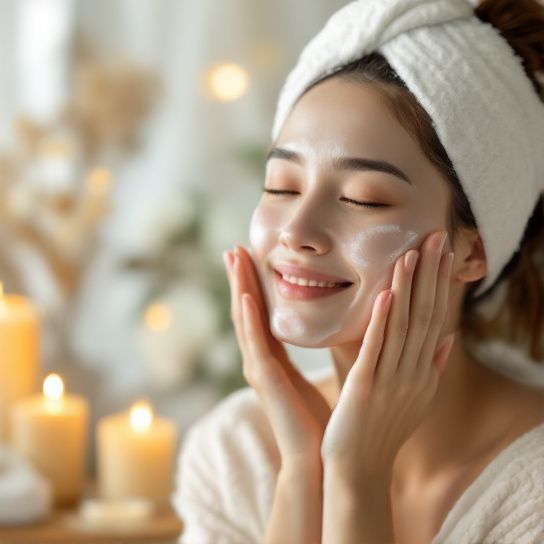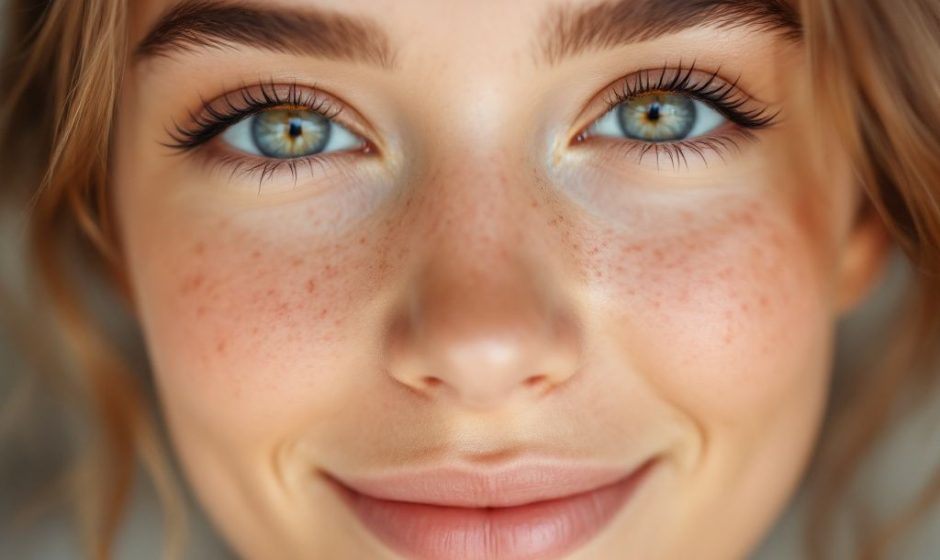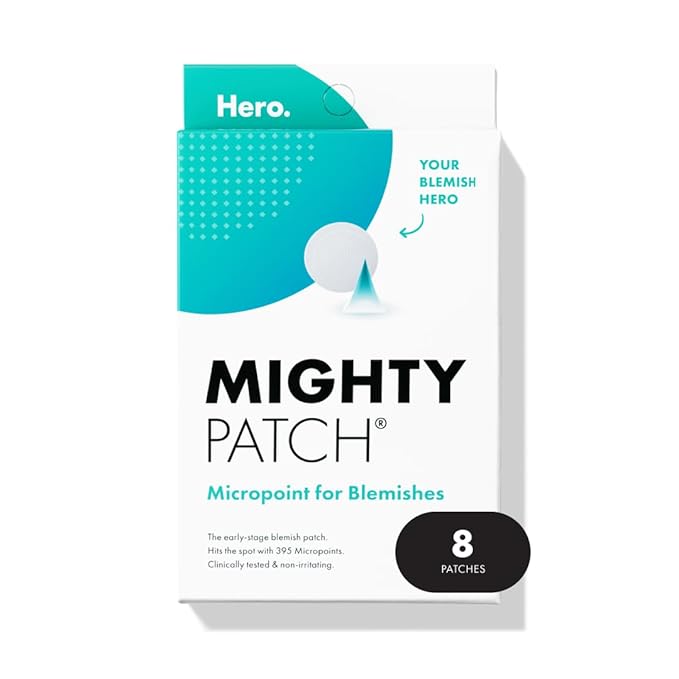Alright, let’s be honest. Hormonal acne is one of those things that can really mess with your groove. You wake up, ready to conquer the day, and bam—there it is, staring back at you in the mirror like an unwanted guest. Causes? Sure, it’s usually a mix of hormones playing a not-so-fun game with your skin. But enough about that, let’s get into what you’re really here for: some serious quick fixes for hormonal acne. Spoiler: perfection isn’t required, just real talk and actionable steps.
It Starts With the Basics: Clean Up That Skin Care Routine
First things first. Your skin care routine is like that playlist you keep adding stuff to, only sometimes you’ve got to hit refresh. When hormonal acne hits, simplicity is key.
Keep It Gentle
You might think you need extra strength fighters on your skin, but hold your horses! Too much scrubbing or harsh products can backfire. They can make your skin react by producing even more oil, and nobody has time for that.
Instead, go for a gentle cleanser. Something that doesn’t strip your skin but effectively removes dirt and excess oil. Trust me on this one, it makes a world of difference. You don’t need fancy; you need functional.
Get Personal With Moisturizer
Yes, oily skin still needs moisture. You’d think skipping the moisturizer helps, but nah. Your skin can actually produce more oil if it feels dry. Go for a lightweight, oil-free moisturizer. It’s like sneakily hydrating your skin without shouting, “Hey everyone, look! I moisturize!”
Target the Bad Guys: Spot Treatments

It’s time to pinpoint those breakouts. Spot treatments with benzoyl peroxide or salicylic acid can help reduce inflammation and treat pimples individually. But remember, moderation is key. Overdoing spot treatments could lead to irritation, turning angry friends angrier, and ain’t nobody want that.
The Food Factor: What You Eat Matters
Ever notice how certain foods just seem to stir up your skin? Well, let’s chat about how some simple food swaps can offer quick fixes for hormonal acne.
Sugar and Dairy, We See You
So, these two are sometimes associated with worsening acne. It might be worth cutting down or swapping in alternatives, like almond milk or natural sweeteners, to see how your skin reacts. It’s not about deprivation; it’s about experimentation.
Healthy Fats are Your Friends
Omega-3 fatty acids found in fish or flaxseed can actually help balance things out. They’re your friends, waving proudly in the sea of dietary choices. A little salmon or a sprinkle of flaxseed in your meal might just calm those hormonal tantrums your skin’s throwing. Give it a whirl!
Stress: The Silent Skin Saboteur
And what about stress? That’s another pickle altogether. We all get caught up with stress—work, life, you name it—but trust me, your skin is listening.
Mindful Moments Matter

Adopting some mindfulness or stress-reduction practices could be another quick fix for hormonal acne. Are you rolling your eyes? Totally fair. But hear me out—activities like yoga, meditation, or even a long walk can help lower those stress levels. It’s like a gentle nudge saying, “Chill out,” which might just help lessen hormonal surges that lead to breakouts.
A Bit of Extra Help From Supplements
Supplements can be a gray area ’cause everyone’s body is different, but there’s talk in the community around things like zinc and fish oil for these troublesome breakouts.
Zinc to the Rescue
There’s evidence suggesting zinc helps reduce inflammation and suppress that monster known as oil production. Sometimes, a zinc supplement daily can get things under control. It can be a good helper, stepping in when standard measures aren’t enough.
Fish Oil Orally
Boom, back to omega-3s. But in pill form, because the convenience matters when life’s busy. Fish oil supplements could serve as an internal ally against inflammation. Give them a shot if you and your meals aren’t exactly swimming in salmon.
That Special Time of the Month: Know Your Body
Hormonal acne often rears its head like, clockwork during certain times in your cycle. You can actually prep for this!
Planning Your Skin Care Armor

Factor in your cycle calendar and consider adjusting your skin care or eating habits a week before the anticipated reaction. It’s like knowing your game face; you bring out the defense before the offense gets out of hand.
Professional Treatments: Don’t Shy Away
Sometimes, all the quick fixes for hormonal acne demand a pro’s input. Dermatologists might recommend treatments that target hormonal acne specifically, whether it’s prescription creams or birth control pills. Lessen the guesswork and explore those options if it’s time to call in the cavalry.
Birth Control Pills Can Be Buddies
In some situations, hormonal treatments like birth control can regulate those wild hormonal swings. It’s not one-size-fits-all, but it’s worth discussing with your doc if acne’s stubbornly persistent.
The Holy Ally: Prescription Creams
These little helpers can tackle breakouts more effectively by adjusting formulas specifically to what your skin freaks out about. Another pro maneuver when over-the-counter options feel like a drop in the ocean.
Realistic Expectations: Give Yourself a Break
Lastly, let’s remind ourselves that skin isn’t 100% flawless, 100% of the time. Most folks deal with breakouts—it’s just skin doing its thing. Sometimes, hormonal acne takes patience, a few cries for help, and some time to settle down.
And that’s it, your informal chat on quick fixes for hormonal acne. Remember, experimenting is key – what sounds great in theory might need tweaks in reality. Stay flexible, give yourself grace, and listen to your skin. You’ve got this!
Frequently Asked Questions
What are the common causes of hormonal acne?
Hormonal acne is often caused by fluctuations in hormone levels, particularly androgens, which can increase the skin’s oil production. This condition is commonly experienced by women during menstruation, pregnancy, when starting or stopping birth control, and during menopause or perimenopause. Other factors such as stress, certain medical conditions like PCOS, and certain medications can also contribute to hormonal acne[2][3][5).
What are some effective topical treatments for hormonal acne?
Effective topical treatments for hormonal acne include retinoids, benzoyl peroxide, antibiotics, azelaic acid, and salicylic acid. These treatments help by unclogging pores, reducing inflammation, and killing bacteria that cause acne. Topical retinoids, such as tretinoin and adapalene, are particularly useful for treating mild to moderate hormonal acne[1][4][5).
Can lifestyle changes help manage hormonal acne?
Yes, lifestyle changes can help manage hormonal acne. These include getting adequate sleep, reducing stress levels, practicing self-care, eating a nutrient-rich diet, and avoiding foods that may trigger acne. Additionally, maintaining a healthy skincare routine with regular exfoliation and moisturizing can be beneficial. Foods with a low glycemic index and those rich in antioxidants and omega-3 fatty acids may also help[2][3][5).
What oral medications can be used to treat hormonal acne?
Oral medications such as antibiotics, hormone supplements like birth control pills, and anti-androgen drugs like spironolactone can be effective in treating hormonal acne. Birth control pills help regulate hormonal balances, while spironolactone blocks androgens from binding to skin receptors. In severe cases, isotretinoin may be prescribed, although it comes with significant risks and side effects[1][4][5]).
References
- A Dermatologist’s Guide to Treating Hormonal Acne. Cumberland Skin.
- Hormonal acne diet: Foods to eat and avoid to treat acne naturally. Medical News Today.
- How to treat hormonal acne at home. Medical News Today.
- How to Treat Hormonal Acne in 2023, According to Dermatologists. Cosmopolitan.
- Treatments and Natural Remedies for Hormonal Acne. Healthline.




